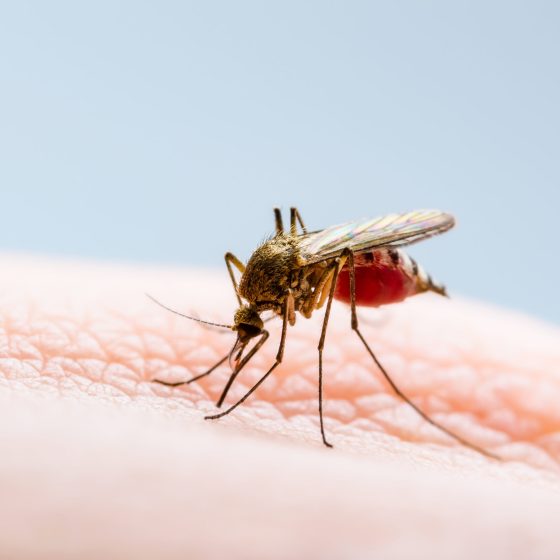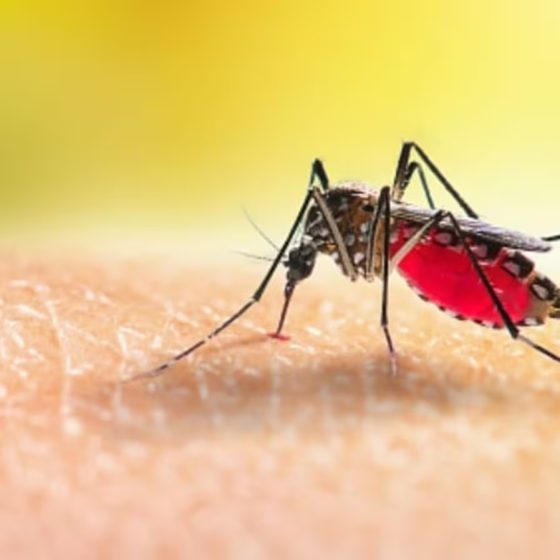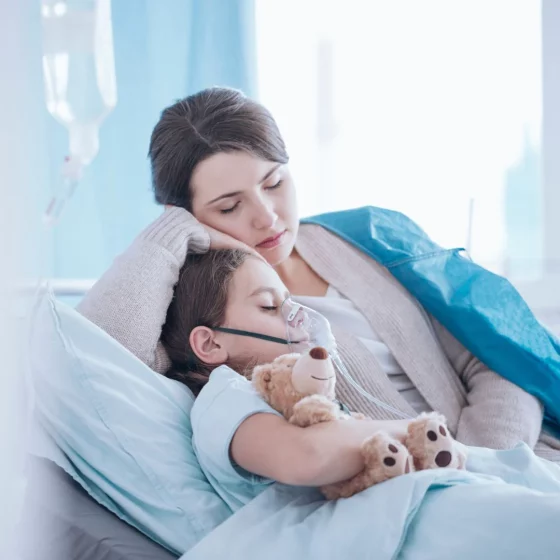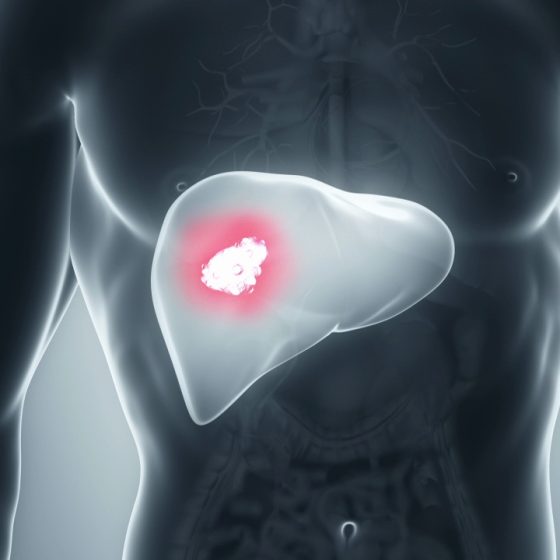Ross River virus infection
Key facts Ross River virus is spread by the bite of infected mosquitoes. Symptoms of infection include joint pain, fever and rash. Most people feel better within a few weeks, but sometimes it can take a few months. There is no cure for Ross River virus infection, but pain relief medicines can help manage your symptoms. The best way to prevent Ross River virus infection is to avoid mosquito bites. What is Ross River virus infection? Ross River virus infection (also known as Ross River fever and epidemic polyarthritis) is caused by an alphavirus. It is spread to humans by







